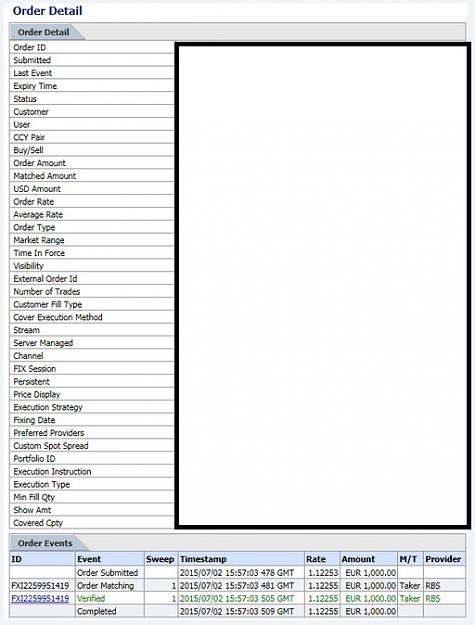Hi all,
When looking for a broker should you be looking for a broker that secures client money in a segregate bank account or in a trust account ? Which one is safer in the case if the broker goes belly up ?
Are you limited to the amount you receive back depending on which segregated account your broker uses ?
Thanks
When looking for a broker should you be looking for a broker that secures client money in a segregate bank account or in a trust account ? Which one is safer in the case if the broker goes belly up ?
Are you limited to the amount you receive back depending on which segregated account your broker uses ?
Thanks
